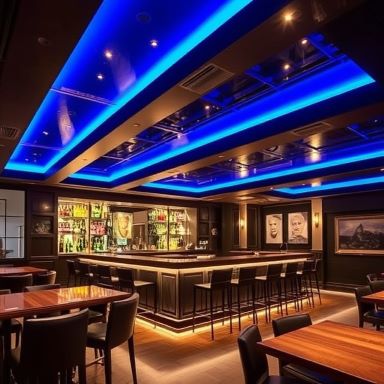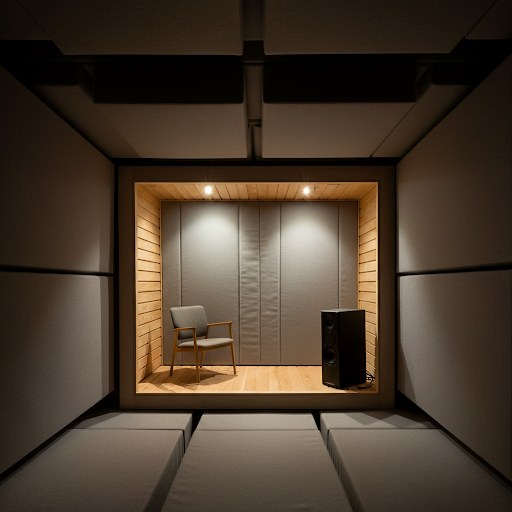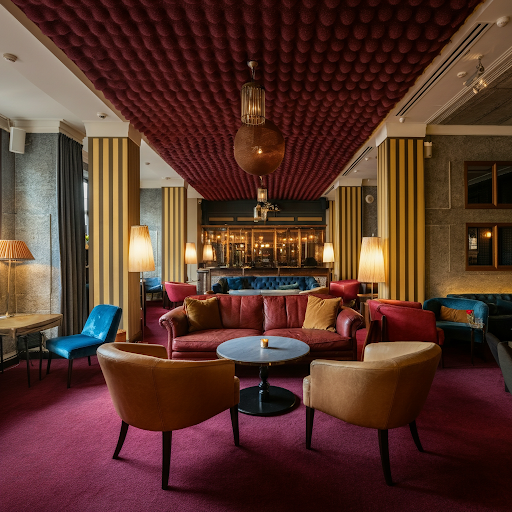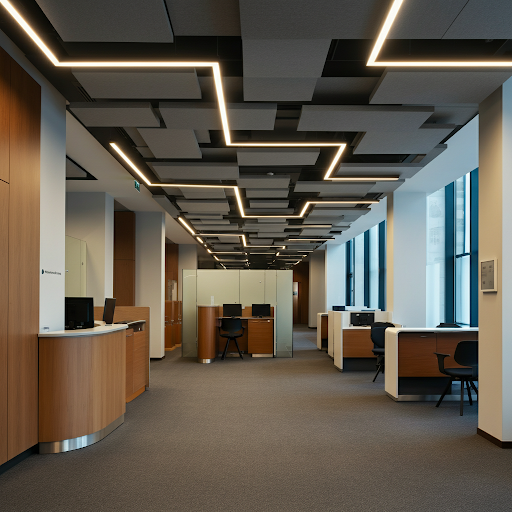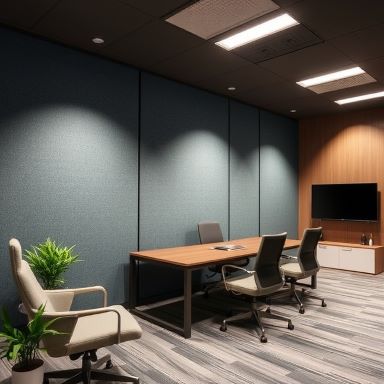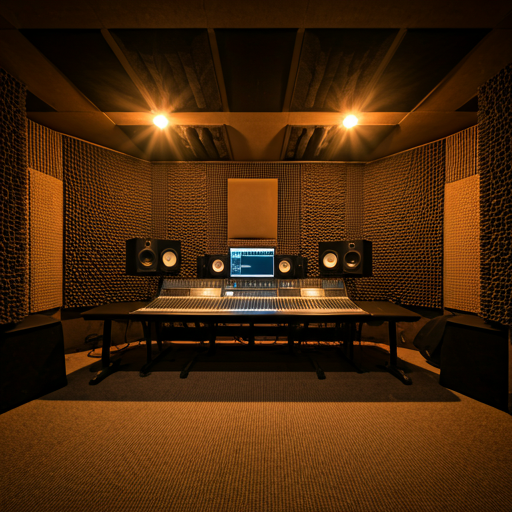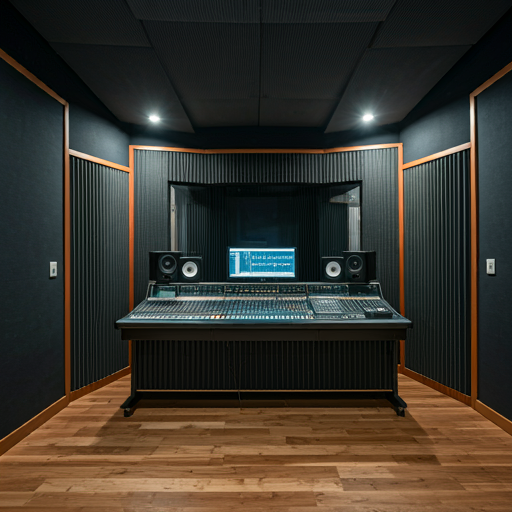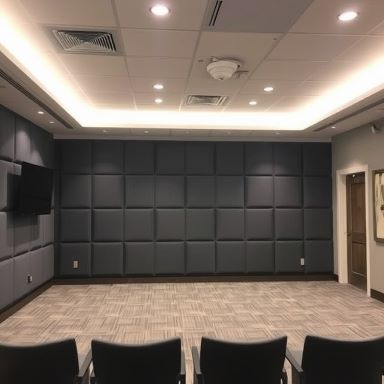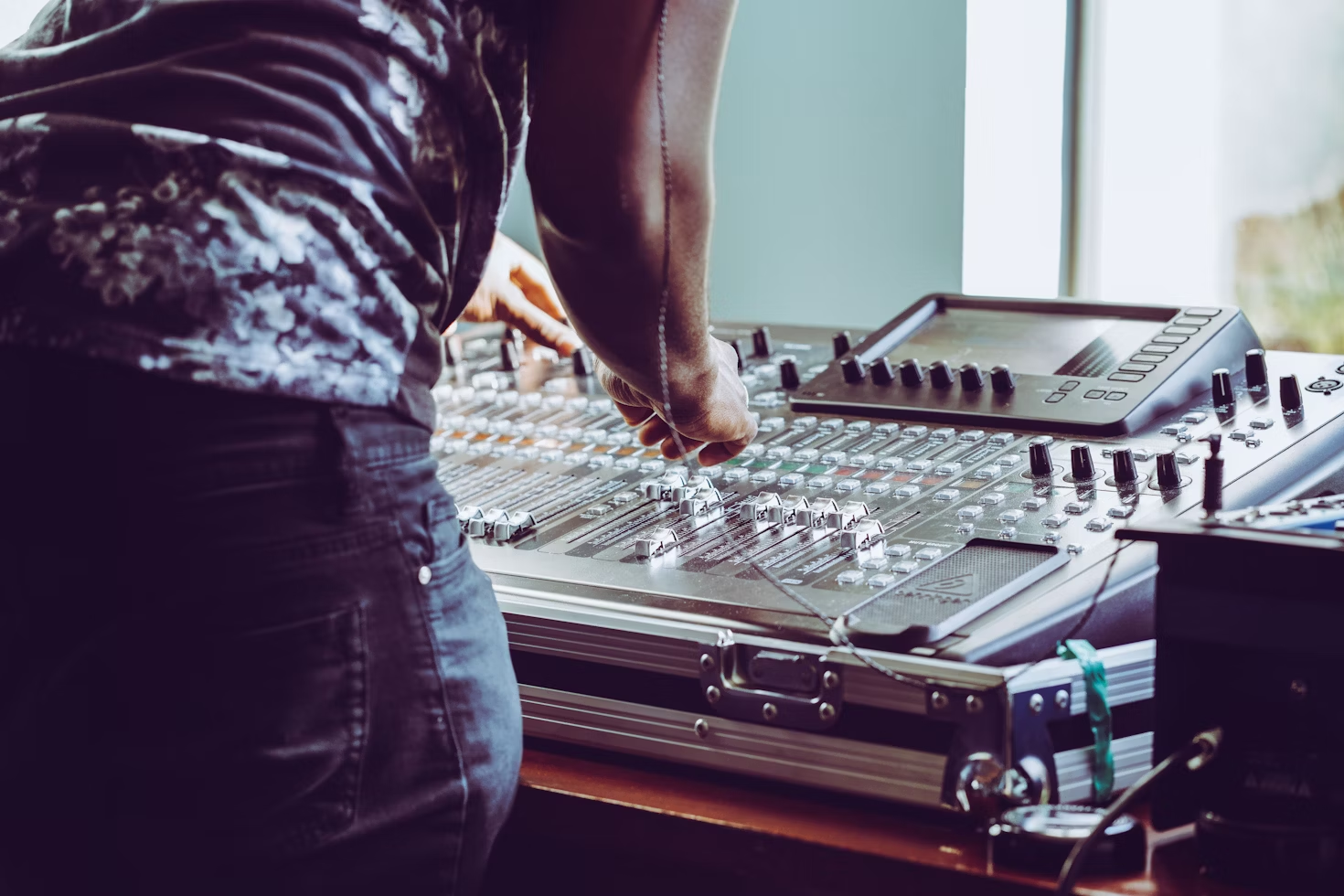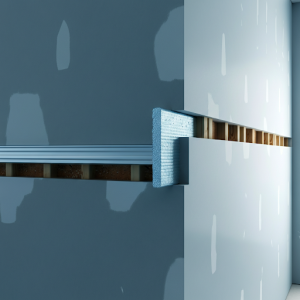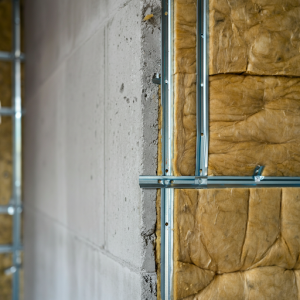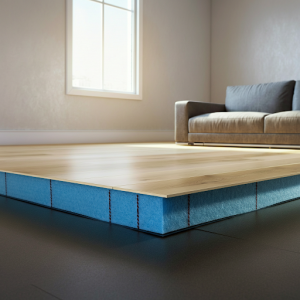Description
Bars and nightclubs in Nairobi, Kenya often occupy the first floors of residential and office buildings. Or are located in shopping and entertainment complexes. Therefore the issue of bar soundproofing in such establishments is particularly acute. Effective bar soundproofing is essential for creating a comfortable atmosphere for both customers and staff.
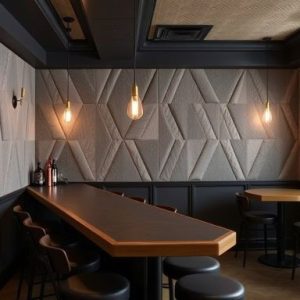
Loud music, cheerful companies, and performances by popular singers are wonderful, but the neighbors are unlikely to like it. High-quality sound insulation will save you from violating noise regulations. And save you from crossing with the law enforcement.
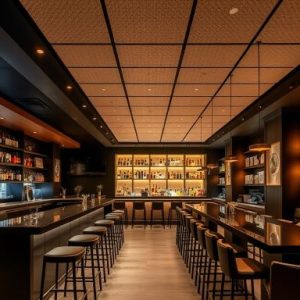
In Kenya “Protection from Noise” is in force; it specifies the maximum permissible values of sound levels in premises for various purposes at different times of the day.
Even though this is not always enforced, the noise level in residential premises at night should not exceed 25-30 dBA. And, the maximum permissible noise value is 40 dBA. In a nightclub or bar, the usual noise level is 95-110 dBA. That means, for a comfortable neighborhood, high-quality noise insulation is simply necessary.
State control authorities will not allow the commissioning of premises that do not comply with the current regulations. And even if somehow the bar opens, constant complaints from residents in the neighborhood will not allow it to operate for long.
It is worth creating sound insulation at the initial stages of construction. Otherwise, in the future, you will have to disturb the finished bar. You will have to break it down and renovate it.
Why do you need soundproofing in a coffee bar?
It is important to understand that noise insulation is also required for bars where music is played. Coffee shops won’t be able to do without it either. In such establishments, a pleasant atmosphere and perfect peace must reign. Karaoke clubs, where visitors love to make noise, cannot do without it.
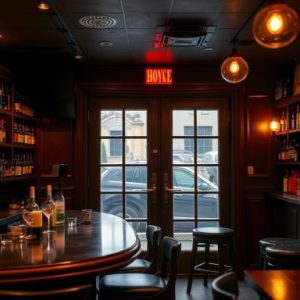
In such establishments, high-quality and reliably provided sound insulation is required so that sounds do not penetrate outside at all. If bars are located in residential buildings, it is simply impossible to do without high-quality sound insulation. It is necessary to soundproof the ceiling.
Everything must be done to ensure excellent acoustics in the establishment. There should be no echo.
If live music is played very often, the idea itself will be killed. Instruments simply cannot sound good unless certain conditions are established, at least minimal, but certainly high-quality acoustics are required.
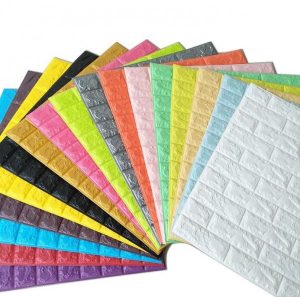
In coffee shops, proper and thoughtful sound insulation is required to create ideal comfort for visitors. Everything in such establishments should be conducive to an excellent holiday.
It is very important to provide high-quality sound insulation in karaoke bars. Don’t forget that sound plays a major role here. It is important that visitors like the way they sing.
In all establishments, it is also important to ensure that the sounds coming from the kitchen are isolated. Guests definitely won’t want to listen to the rattle of pots and the hum of kitchen appliances, as well as the conversations of cafe or bar employees.
What does a nightclub or bar soundproofing mean?
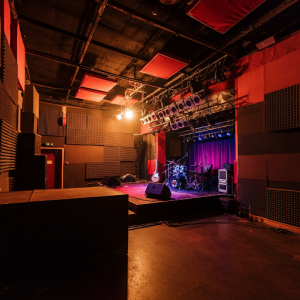
The main task when bar soundproofing is to reduce the level of noise and vibrations that penetrate through the walls, floor, and ceiling into neighboring rooms.
Disco sounds, loud conversations and laughter of visitors, dancing, running utilities, and kitchen equipment are sources of constant airborne and structural noise. You can only reduce this noise with the help of modern insulating materials.
- Soundproofing between entertainment venues and apartments or hotel rooms (vibration insulation of floors, soundproofing of walls and partitions, soundproofing of ceilings and floors);
- Sound and vibration insulation of engineering equipment: noise reduction from ventilation and air conditioning systems, noise from refrigeration and kitchen equipment, as well as other adjacent technical premises (vibration insulation of refrigeration machines, noise insulation of chillers, etc.). In this case, the objects of protection are apartments, hotel rooms or offices, and administrative premises adjacent to the entertainment establishment.
- Creation of the required acoustic environment in bars, clubs, and karaoke premises. It is important to understand that poor acoustics ultimately directly affects the commercial success of the establishment. The decline in attendance due to poor sound occurs gradually but inevitably after opening. At the same time, remodeling the interior of a room after the project has been launched is an expensive thing. Sometimes even impossible without completely stopping the activity. Therefore, such issues should be worked out in detail at the design and construction stage.
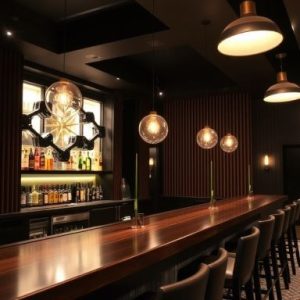
It is necessary to approach the issue of combating excess noise comprehensively.
Soundproofing of bar walls
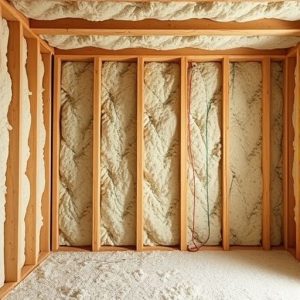
Soundproofing bar walls is crucial for a pleasant atmosphere. The required level of noise protection can be provided by massive concrete and brick structures with a thickness of 250 mm. But their use is not always possible and appropriate.
Acoustic panels are effective in absorbing sound, reducing echoes, and improving sound quality. Consider their placement strategically to target noise hotspots.
But for more significant sound reduction, consider adding insulation to wall cavities. This helps block sound transmission. Additionally, decoupling the wall using resilient channels can further enhance soundproofing.
Remember, a combination of these methods often yields the best results. Consulting with a soundproofing expert can provide tailored solutions for your specific bar environment.
Soundproofing of ceilings

Effective soundproofing of bar ceilings is essential to control noise levels and create a comfortable ambiance. Acoustic panels are a popular choice, as they absorb sound effectively, reducing echoes and reverberation.
For more substantial sound reduction, consider adding insulation to the ceiling cavity. This helps to block sound transmission. Additionally, decoupling the ceiling using resilient bars and channels can significantly improve soundproofing performance.
Resilient Bars are a cost-effective ceiling solution. Specially designed to de-couple your soundproof ceiling from the existing structure to stop sound vibration.
This in effect creates a “Suspended Ceiling”. When combined with other flooring materials as part of a full system, Resilient Bars will reduce airborne noise levels and impact vibrations.
It’s important to select materials that are both sound-absorbent and fire-resistant. Combining acoustic panels with insulation and decoupling often provides the best results. Consulting with a soundproofing specialist can help determine the most suitable solution for your specific bar environment.
Soundproofing the floor
Soundproofing your bar’s floor is essential to reduce noise transmission to lower levels and create a quieter atmosphere. Effective methods include:
Acoustic underlay
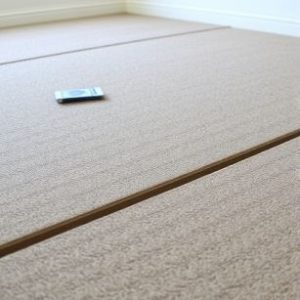
This is placed beneath your flooring to absorb impact noise from footsteps and moving furniture.
1. Roll out the soundproofing underlay for the floor onto the leveled concrete floor. The rolls of material are laid end to end WITHOUT overlapping and the seams are sealed with grey mounting tape with reinforcement.
2. Place soundproofing panels with sand on top. The seams between the panels are sealed with paper tape. Alternatively, you can lay sheets of acoustic triplex Soundline-dB, the seams in this version are filled with vibroacoustic sealant.
3. Next, you can lay the underlay and the laminate itself (or other floor covering). By the way, it is better to choose the most common underlay for the laminate, since it will not provide additional sound insulation.
Floating floors
Floating floors are a method of installing flooring in which there is no connection between the flooring and the underlying structure of the building.
The advantages also include good heat and sound insulation; shock absorption effect, which has a positive effect on the musculoskeletal system; ease of installation, and maintenance.
Most occupants of multistorey buildings suffer from impact noise. It occurs when walking quickly, jumping, rearranging heavy furniture, etc. Interfloor ceilings made of concrete slabs are not able to absorb it. The best option would be to install a floating floor, which can improve the sound insulation of a bar housing by almost 50%.
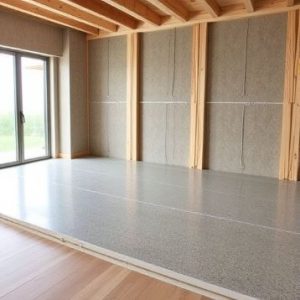
This involves installing a decoupled floor system with insulation to reduce vibrations and sound transmission.
Carpet or rugs
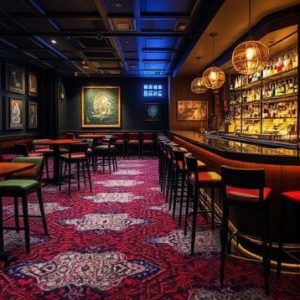
While not a complete soundproofing solution, carpets and rugs can help absorb sound and reduce noise levels.
For optimal results, consider combining these methods. The specific approach will depend on your bar’s structure, noise levels, and budget. Consulting with a soundproofing expert can provide tailored recommendations.
Soundproofing of engineering systems
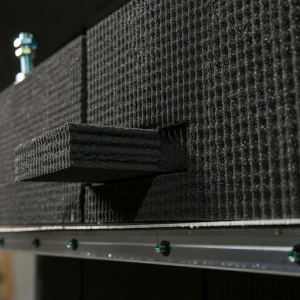
The hum of ventilation and air conditioning systems creates no less trouble than loud music. Therefore, it is important to neutralize the noise and vibrations from engineering systems. For this purpose, sound-absorbing materials and elastic substrates are used, supports and hangers are mounted, and, vibration insulating fasteners are used.
Soundproofing the bar doors
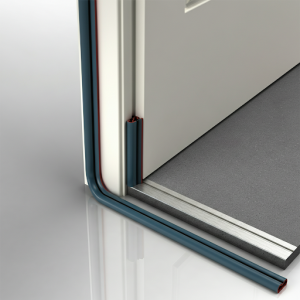
To reduce sound spilling out through/around doors install acoustic seals around the sides and top of the frame. And a threshold seal for the bottom of the door. There are many types available, but in general, a good quality surface-mounted seal is sufficient. The doors must be solid, fire doors with a core, for the acoustic insulation effect to be effective.
If sound is escaping through front or back doors in the premises, a vestibule-type layout is a good idea. Where there are effectively two entrance/exit doors to the premises separated by a small vestibule. In general, when one door is opened the other door will close which makes sound less likely to escape.
Soundproof the windows of the Premises
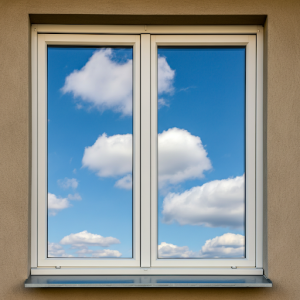
Windows are a cause of concern for bar soundproofing projects. Thin, single glazing, …does not stop much sound passing through so a double window is the best option. This simply involves installing a second window separate from the existing window (to the extent possible).
If this is not possible then it may be necessary to look at replacing the windows with good quality double-glazed units although this will not be as good at soundproofing as the double window system.
Isolate Noise that leaks through Holes
Don’t have holes in the walls for ventilation unless you have some type of soundproofing box around it. The box must be lined with acoustic foam and tightly sealed against the wall to be effective. Ideally, another box would be placed outside to improve performance.
Soundproof Ducts
The pipes can carry sound from inside the bar or nightclub to the outdoors and may disturb residents. Covering the ductwork with some form of sound insulation to contain noise within the tubes would be ideal. Also, do not have the end of the ductwork pointing directly towards someone’s house as this will generate uncomfortable noises in your home.
Noise has directional qualities so directing the exhaust duct upward is a better option.
What else to pay attention to when bar soundproofing
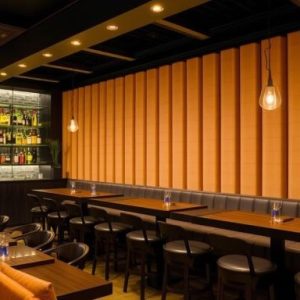
Noise penetrates the street and adjacent rooms through walls, floors, and ceilings. But also through window and door openings. Therefore, it is worth paying special attention to the selection of high-quality materials. And careful sealing of joints and mounting holes when installing windows and doors.
When developing a bar soundproofing project, it is important to consider the location of the club, the features of the floors, and the thickness of the walls. The maximum permissible load on the foundation and supporting structures of the building. This data will allow you to select materials that will provide the necessary soundproofing with minimal costs.
And when choosing soundproofing materials, pay attention to their safety, environmental friendliness, and practicality. Ideal sound insulation is then easy and convenient to install. At the same time, it has high noise-absorbing properties with a small thickness and allows you to save space. The thickness of the membrane tapes for sound insulation should be less than 4 mm. And the adhesive base should make the installation simple and convenient.

